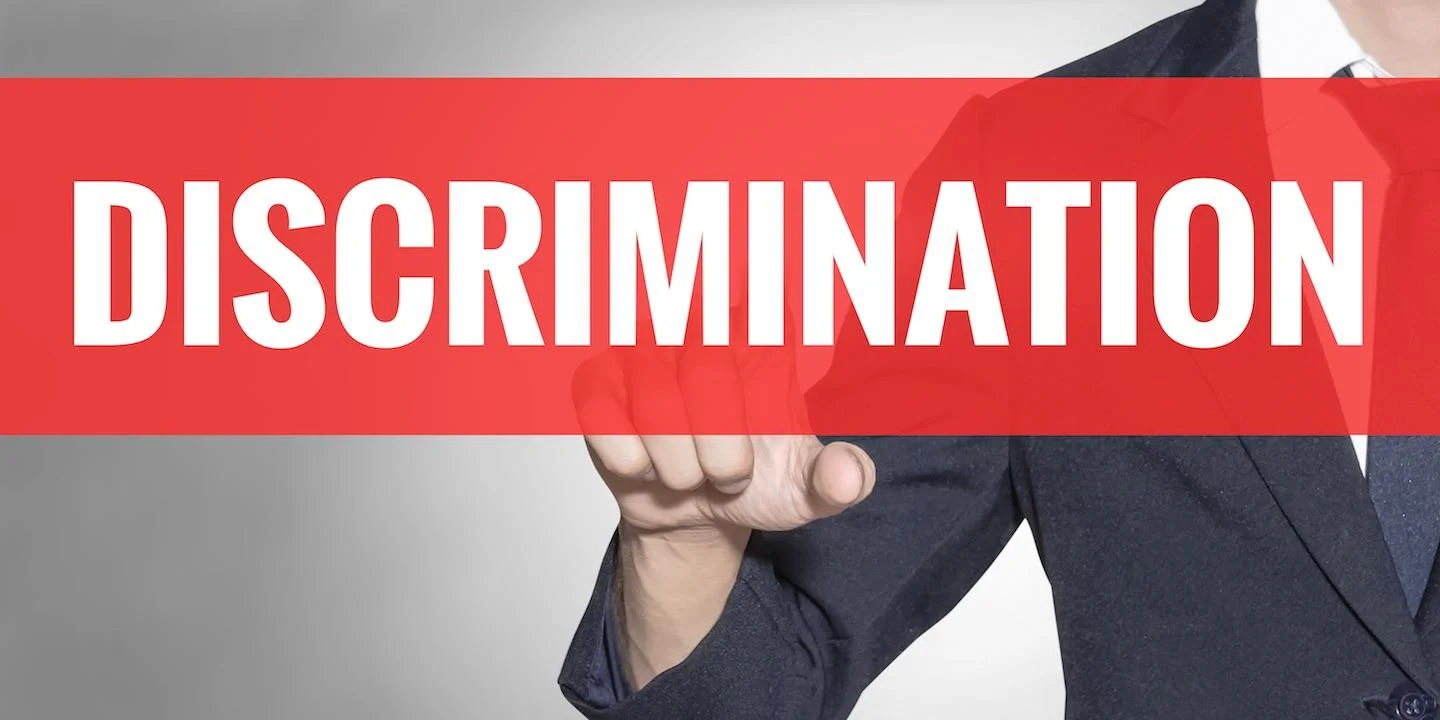ST. LOUIS (Legal Newsline) — McDonald's has agreed to pay more than $56,000 to settle a discrimination lawsuit brought by the Equal Employment Opportunity Commission and create more accommodations for disabled applicants.
The lawsuit came because the McDonald's restaurant canceled a job interview with a deaf man after being asked to provide an American Sign Language interpreter. Anne Yuenegert, an attorney at Bradley Arant Boult Cummings LLP, says companies should decide if they can comply with a reasonable accommodation before deciding the fate of an interviewee.
"If a candidate asks for a reasonable accommodation in the hiring process, figure out if you can provide it," Yuengert said.
"You should never reject a request out of hand, even if you think their disability may make them unable to perform a job. At that point in the process, you simply don’t have enough information to make that decision. If in this case, the interview had gone forward with an ASL interpreter, the manager would have had sufficient information to determine whether to offer him the job.
"Because the interview did not go forward, the candidate assumed he didn’t get the job because of his disability and filed his claim."
McDonald's Corporation and McDonald's Restaurants of Missouri will pay $56,500 in a the settlement with the EEOC, the agency that oversees fairness in labor and hiring based on race, gender, religion, sexual orientation and other identifiers, including the disabled.
In this case, a McDonald's manager in Missouri had lined up an interview with a candidate who had prior experience at a different McDonald's location. The manager did not initially know the candidate was deaf until he requested a sign language interpreter for the interview.
The manager then canceled the interview, according to reports, upon discovery.
According to the suit, the deaf man applied to the food franchise restaurant in Belton, Missouri, online in the summer of 2012. The applicant could not hear or speak, according to a news release by the EEOC. However, the deaf man did have previous experience working at a McDonald's in a different state as a cook and cleanup team member.
Even though the applicant's sister volunteered as an interpreter, the manager canceled the interview, the lawsuit alleged. The EEOC also contented the restaurant continued to interview and hire after the deaf applicant made several attempts to reschedule.
The EEOC said the business violated the Americans with Disabilities Act (ADA). It filed suit in U.S. District Court for the Western District of Missouri in December 2015 after an initial attempt at a pre-litigation settlement.
A three-year consent decree requires McDonald's to ensure management provides training to employees on the ADA's requirements and add a telephone line that applicants can call to request accommodation. They must also submit annual compliance reports to EEOC, according to the release. The Belton facility was recently sold to a new owner.
"In my experience there are two sides to every story," Yuengert said.
"While it could be that the manager made a bad decision, it is also possible that the manager canceled the interview for reasons that had nothing to do with the accommodation request.
"The company could have decided that they would rather spend their money on improving their processes - making sure that disabled applicants are welcomed rather than engaging in litigation."
What can corporations, even small and midsize companies, and their management team and executives learn from this case?
Yuengert said there are resources available to help companies with these types of situations, possibly for management training.
"I [and other lawyers] provide training on the hiring process, although it is not all about accommodating disabilities," Yuengert said. "The Job Accommodation Network (a service of the Office of Disability Employment Policy, U.S. Department of Labor) provides free consultation on providing workplace accommodations with existing employees. You may want to check with them on that. The EEOC published some guidance about hiring veterans with disabilities that offered some advice in the hiring process."
Anne R. Yuengert
Partner | Bradley
